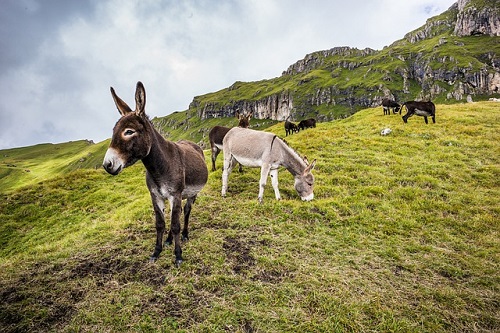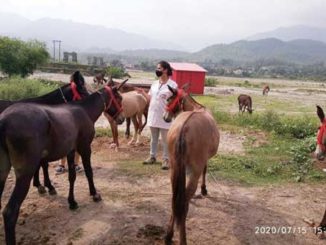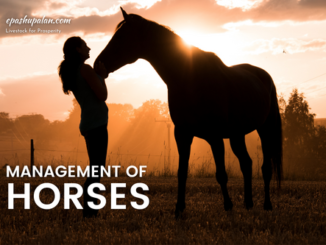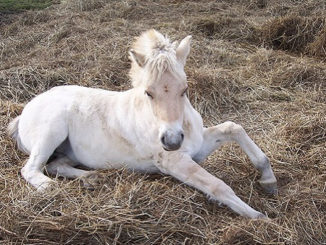World Donkey Day is celebrated on 8th May to show respect for one of the most enduring and respectable animals in the Equidae family. Donkeys are the animals which have been sturdy helpers of humans for thousands of years in times of peace, war and work, but they haven’t always been treated properly in return.
World Donkey Day is the idea of Raziq Ark, a scientist with a special interest in desert animals. In 2018, World Donkey Day was established, in recognition of the efforts of the humble donkey in helping people all over the world improve their quality of life.

The donkey or ass (Equus africanus asinus) is a domesticated member of the horse family, Equidae. The wild ancestor of the donkey is the African wild ass, E. africanus. The donkey has been used as a working animal for at least 5000 years. There are more than 40 million donkeys in the world, mostly in underdeveloped countries, where they are used principally as draught or pack animals. Working donkeys are often associated with those living at or below subsistence levels. Small numbers of donkeys are kept for breeding or as pets in developed countries. Donkeys can also be used as livestock guardians.
A male donkey or ass is called a jack, a female a jenny or jennet; a young donkey is a foal. Jack donkeys are often used to mate with female horses to produce mules; the biological “reciprocal” of a mule, from a stallion and jenny as its parents instead, is called a hinny.
Asses were first domesticated around 3000 BC, probably in Egypt or Mesopotamia, and have spread around the world. They continue to fill important roles in many places today. While domesticated species are increasing in numbers, the African wild ass is a critically endangered species. As beasts of burden and companions, asses and donkeys have worked together with humans for millennia.
Donkeys are beautiful animals but have not been treated well, so World Donkey Day is a chance for us who cares about these animals to highlight the contribution donkeys have made throughout history of mankind and and raise awareness about this neglected species.






Be the first to comment